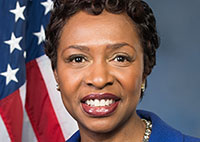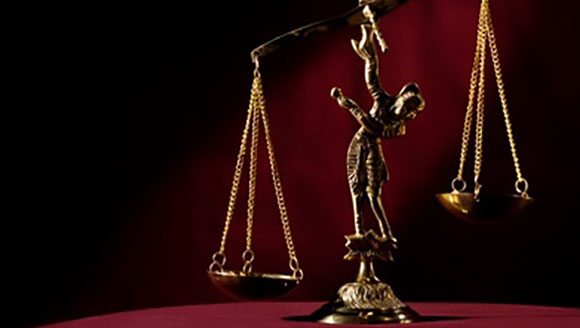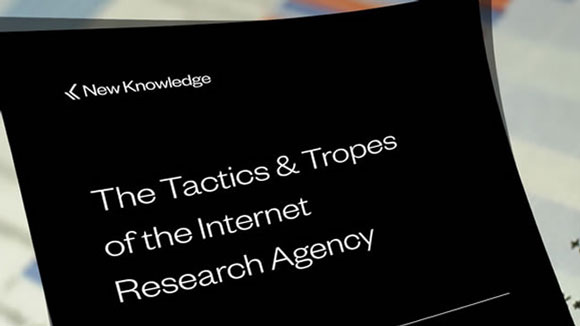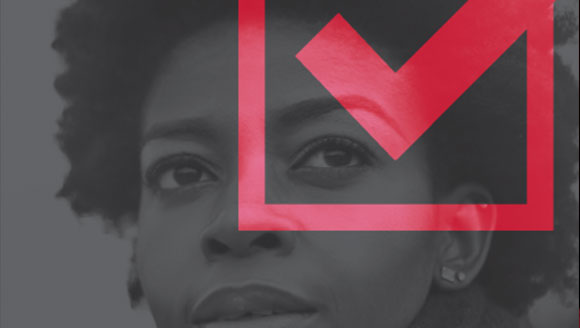Building Smart Cities of the Future With Inclusivity and Connectivity for All
 Congresswoman Yvette D. Clarke
Congresswoman Yvette D. Clarke
New York – 9th Congressional District
Instagram: @repyvettedclarke
For the past eleven years, I have had the honor of representing the Ninth Congressional District of New York in the U.S. House of Representatives. In fact, I represent the very community that raised me. I still live on the same block where I grew up as a child in Central Brooklyn. I go to the same church, frequent the same restaurants, and maintain relationships I’ve had since I was a child. I have seen the communities in my district transform throughout my lifetime from neighborhood restaurants with a cashier to restaurants adopting mobile devices and Square for payment. With advancements in technology, the notion of a smart community inspires endless possibilities. However, we must make sure that as our communities transform we are not lost in the digital divide. We can close the digital divide through strategic engagement and implementation with stakeholders from all backgrounds including the National Urban League, local elected officials, and public and private companies.
You may be asking yourself, “What is a smart city?” A smart community, city, and region is one where future technology is integrated into current infrastructure to improve communities and lives. The use of data and technology can drive efficiency, improve sustainability, and spur economic development and mobility. What does that mean? It means that smart meters and sensors could be placed on our roads so traffic lights can correspond with the number of cars on the road. It means, as we have seen in New York City, that old phone booths could be turned into Wi-Fi kiosks, providing hot spots and digital ads. It means that our children can access library resources digitally rather than having to visit the local library. It means that our seniors will be able to have their regular check-ups virtually via a computer rather than having to drive long distances to see their doctor. It means that small business owners can save money by having a website which allows customers to order online. As you can see, there are numerous benefits to living in a smart and connected community from education to telehealth to public safety.
Now you’re asking yourself, “Why should I care about my community getting ‘smarter’ when our basic needs have not been met, and so many are being left behind?” The answer is simple: when it comes to preparing for the future, we must demand that those in power pay attention to our needs because the needs of our children can no longer be neglected and ignored. That means we must make our voices, needs, and concerns known on a variety of topics, including preparing for the 21st century and the digital economy. It’s a known fact that African-Americans over-index on all facets of technology, especially smartphone usage. We are the trendsetters and the creative minds behind the trending topics, viral memes and movements on #BlackTwitter. We are the number one users of Facebook and Instagram, yet we are often the last when it comes to investments in our communities. This is unacceptable, and we must speak up now!
There are many ways in which my colleagues and I are speaking up to make sure our communities are not left behind. I, along with my dear friend and colleague Rep. Bobby Rush of Illinois, co-sponsored the Connecting Broadband Deserts Act of 2018. This piece of legislation requires the Federal Communications Commission (FCC) to conduct an annual assessment of the availability of advanced telecommunications capability in communities in urban areas where fewer than 33% of residents lack sufficient access to broadband service. Additionally, it requires the FCC to review areas where “digital redlining,” areas that are systematically excluded from digital resources and advanced technology, occurs.
Additionally, I launched the Congressional Caucus on Smart Cities with my colleague, Rep. Darrell Issa of California. The caucus serves as a bipartisan group of Congressional members dedicated to ushering American communities into the 21st century through innovation and technological change. We plan to bring together various stakeholders, including Marc Morial of the National Urban League, state and local government elected officials, community leaders, industry representatives and people, like yourself, to share ideas and best practices. We’ll present Congress with insights and policies that can be implemented for the betterment of communities everywhere. The caucus focuses on four key pillars:
1) Mobility (e.g., infrastructure, transportation)
2) Connectivity (e.g., 5G, broadband deployment)
3) Sustainability (e.g., energy, environment)
4) Workforce (e.g., creating pipelines, retraining our workforce)
In closing, I look forward to working with constituents in my district and beyond and National Urban League affiliates to see how we can bring the smart cities discussion into our communities across the nation and the globe to prepare for the 21st century.


 Equality Index
Equality Index  Senate Report
Senate Report  2020 SOBA Essays
2020 SOBA Essays  2019 Report
2019 Report 